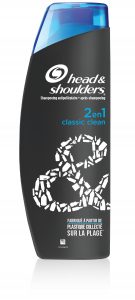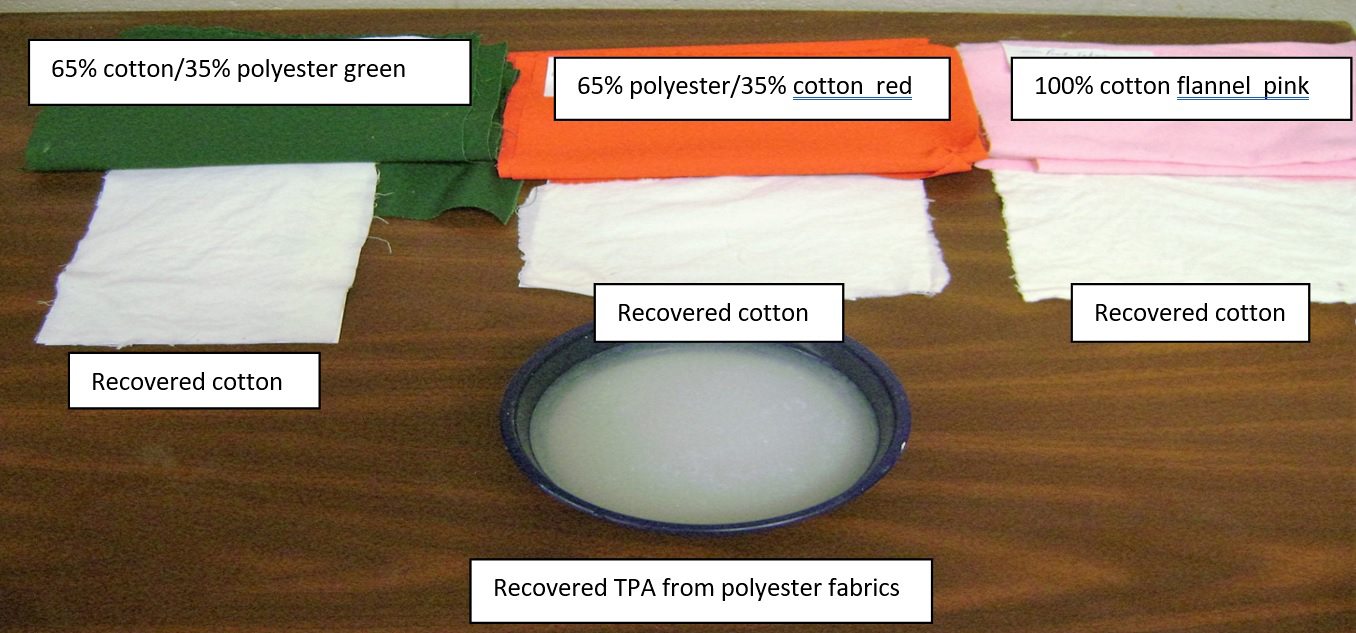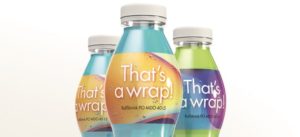 If you think materials collected at the curb represent a difficult mix of contaminated plastics, try pulling them off the beach and recycling them. But that’s exactly the challenge TerraCycle and its partners have decided to confront in Europe.
If you think materials collected at the curb represent a difficult mix of contaminated plastics, try pulling them off the beach and recycling them. But that’s exactly the challenge TerraCycle and its partners have decided to confront in Europe.

 If you think materials collected at the curb represent a difficult mix of contaminated plastics, try pulling them off the beach and recycling them. But that’s exactly the challenge TerraCycle and its partners have decided to confront in Europe.
If you think materials collected at the curb represent a difficult mix of contaminated plastics, try pulling them off the beach and recycling them. But that’s exactly the challenge TerraCycle and its partners have decided to confront in Europe.
Industry experts will take to the stage next month in New Orleans to discuss a host of topics touching on the technical side of plastics recycling.
 Two retired U.S. EPA scientists have spearheaded development of a technology to depolymerize polyester and recover cotton in mixed-material textiles.
Two retired U.S. EPA scientists have spearheaded development of a technology to depolymerize polyester and recover cotton in mixed-material textiles.
 UPM Raflatac has unveiled shrink-sleeve labels that avoid causing problems in today’s PET bottle recycling processes.
UPM Raflatac has unveiled shrink-sleeve labels that avoid causing problems in today’s PET bottle recycling processes.
 A group provides an update on its research into the recycling of multi-material laminated packaging, and post-consumer plastics are being used in a new insulation product.
A group provides an update on its research into the recycling of multi-material laminated packaging, and post-consumer plastics are being used in a new insulation product.
 A new sortation system from Bulk Handling Systems automatically separates film products for recycling so they’re not later lost as residue in a fiber stream. Continue Reading
A new sortation system from Bulk Handling Systems automatically separates film products for recycling so they’re not later lost as residue in a fiber stream. Continue Reading
 Italian melt filter company Fimic has developed a filter technology to tackle a tough plastics stream: PVC from electrical cables. Continue Reading
Italian melt filter company Fimic has developed a filter technology to tackle a tough plastics stream: PVC from electrical cables. Continue Reading
 North American reclaimers boosted recycling of PET thermoforms last year, despite difficulties the packaging has in the way of look-alike resins, contamination and labels. Continue Reading
North American reclaimers boosted recycling of PET thermoforms last year, despite difficulties the packaging has in the way of look-alike resins, contamination and labels. Continue Reading
The latest optical sorter released by Pellenc Selective Technologies features easier access for maintenance and improved air valve capabilities. Continue Reading
An improvement in virgin feedstocks allows better performance in recycled-content HDPE products, and two companies cooperate to supply a continuous PET-to-textile-fibers line.
Improved HDPE: Total Refining & Chemicals has developed an enhanced virgin HDPE meant to be compounded with recycled plastic because it is able to over-compensate for any deficiencies in the recycled resin. Beveragedaily.com reports on the advancement, which yields recycled-content packaging with properties that overperform virgin HDPE.
Additional additives: Additives company Struktol has released new formulations aimed at aiding the use of recycled plastics. The various additives can be used in a range of plastics, including polyolefins and engineered plastics, and they are suited to compounds with up to 100 percent recycled material.
Equipment for mixed, dirty plastics: An Australian inventor has created a piece of equipment capable of recycling various resins and contaminated plastics all mixed together, according to Plastics News. Meanwhile, while he refines that technology, a company he is a member of is currently selling a different innovation: building products made partially from ABS from electronics.
Equipment company cooperation: Equipment companies Erema and Trüetzschler Group have signed a deal to work together to supply equipment lines to recycle PET into bulk continuous filament (BCF). Last year Trutzschler and Erema jointly developed a plant to convert recycled PET into carpet yarns.
From contaminant to construction: A U.S. startup called ByFusion is recycling plastics collected from the ocean into blocks for use in construction or road barriers. Portable gas- or electricity-driven equipment is used to compress the blocks into custom shapes and densities, regardless of the material mix or cleanliness, according to inhabitat.com.
Production scrap recycling: German equipment company Gneuss Kunststofftechnik offered details on its new plastics recycling equipment, including a new “Jump” system that’s installed directly downstream from the company’s extruder and melt filter and improves recycling of production scrap. The Jump system provides an alternative to conventional SSP systems and enables direct reintroduction of unused PET into the production process without the need to re-melt it.
PET recycling plant: A new PET recycling facility near Aachen, Germany utilizes advanced grinding and washing equipment from Krones, the company announced. The facility is being opened by a major German soft drink producer, Mitteldeutsche Erfrischungsgetranke GmbH & Co. KG (MEG), which is already recycling PET bottles collected at grocery stores but wants to boost the volume of recycled resins available to it.
